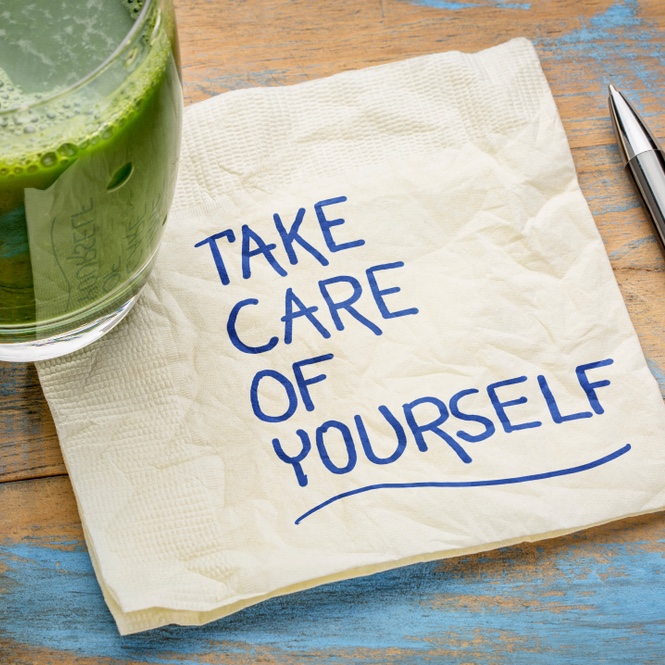5 Minute Read
Words by WYLDE MOON staff writer

Expert dream decoder Theresa Cheung tells WYLDE MOON how we can take charge of the direction of our dreams with lucid dreaming.
We all know that getting enough sleep is crucial to good health – but what we do while we’re asleep is just as important.
Lucid dreaming is a currently highly debated topic.
According to the Sleep Foundation, roughly 55% of adults have experienced at least one lucid dream during their lifetime, and 23% of people experience lucid dreams at least once per month.
Supporters say it can make you feel more empowered, content and in control. Like manifesting, it can help you focus on what you want to achieve. But critics say it can decrease sleep quality and blur the line between dreaming and reality, which could have negative implications for long-term mental health conditions.
WYLDE MOON caught up with professional Dream Decoder Theresa Cheung, who wrote the book “How to Catch A Dream: 21 ways to dream and live bigger and better” – to find out more about lucid dreaming.
What is Lucid Dreaming?
Lucid Dreaming is when we’re fully aware that we’re dreaming, while we’re dreaming. When we know that we’re inside a dream and that what we’re experiencing isn’t happening in real life, we’re able to influence our own dreams and, in theory, live our best fantasy life.
Theresa told WYLDE MOON that “many people believe lucid dreaming to be a state of controlling your own dreams, but that is impossible, you can only influence them. I compare it to an ocean. You can learn to navigate it and sail in it (lucid dreaming) but you can’t control it.
“The intention behind lucid dreaming is to influence your unconscious beliefs, as belief is a mighty powerful way to attract success into your life – we are talking manifesting here. Indeed, having a lucid dream about what you want to attract into your life is clearly manifesting.”

How can I have a lucid dream?
“Anyone with time and patience can have a lucid dream,” says Theresa. “There are a number of research proven techniques, but they tend to be highly disruptive to your sleep schedule. For example, the ‘wake back to sleep’ technique; Go to bed before 11pm and set an alarm to wake you around 4am. When the alarm goes off, drink some water, write in your journal for around 15 minutes and then settle back to sleep until your usual waking up time. Before you fall asleep again tell yourself repeatedly you are going to know you are dreaming when you are dreaming.
“Lucid dreaming is more likely to occur because the deeper stages of sleep will be behind you and you are more likely to go into REM (rapid eye movement) stage of sleep, where dreams and lucid dreaming occur. Also the dreams we have before waking are the ones that we tend to remember more easily.
“Anyone with time and patience can have a lucid dream”
“However, these kinds of techniques are not advised as they interfere with healthy sleep, so a far better approach is to relax and get into the habit of recalling and writing down your dreams every morning on waking. During the day do regular reality checks, for example every time you check the time, ask yourself if you are dreaming or awake. Keep doing these reality checks for at least 21 days because then it will become ingrained and will likely filter into your dream life as what you do in the day is always reflected in your dreams.
“Your dreams and waking life are not separate, but deeply connected. In other words, you may start asking yourself in a dream if you are awake or in a dream. If you are awake things will be logical but if you are in a dream something weird will happen when you ask yourself that question, for example you might grow a tail or fly. When that happens, stay calm, you are aware you are dreaming. It is the ultimate thrill because quite literally anything is possible now for you.”
Is there anything that would stop me becoming lucid?
“The more attention you pay to your dreams, the more likely you are to recall vivid and highly creative dreams. The more you start recalling dreams and feeling comfortable in an alternate reality, the more likely it will be that lucid dreams happen naturally.
“Don’t beat yourself up if it takes a while to trigger lucid dreaming. Simply trust that when you are ready it will come, and in the meantime enjoy your non-lucid dreams as they are just as valuable for your personal growth.
“Not believing that your dreams have value or meaning is the biggest factor that limits your ability to become lucid. Certain medications and health conditions, stress in your waking life and poor quality sleep can also be limiting.”

How do I know if trying to have a lucid dream would be good for me?
According to the Sleep Foundation, “more research is needed to fully understand how lucid dreaming relates to mental health. Until research can better explain the effects of lucid dreaming, people with certain conditions might want to avoid intentionally trying to lucid dream.
“For example, if you have experienced dissociation or psychosis, such as feelings that you are disconnected from yourself or trouble distinguishing fantasy from reality, lucid dreaming may heighten these symptoms. Along the same lines, since lucid dreaming induction techniques can lead to fragmented sleep, these may not be appropriate for people who already experience disrupted sleep due to a sleep disorder.
“People who live with sleep problems or mental health conditions should speak with a mental health professional or sleep specialist before trying to induce lucid dreaming.”
What if I want a lucid dream to stop?
“It takes a while to train yourself to stay calm, cool and collected when you realise you are in a dream,” says Theresa.
“However, if you do find it too frightening simply tell yourself to wake up and you will. It is your dream and you can leave if you want to at any time!”
As well as writing many dream books, including offering a ‘dream course’ in Catch A Dream, Theresa hosts the podcast White Shores. Sleep well, everyone.
RELATED: THE MEANINGS BEHIND YOUR MOST COMMON DREAMS
RELATED: WHAT IS MANIFESTING, AND HOW DO YOU MANIFEST?
Share this article…





